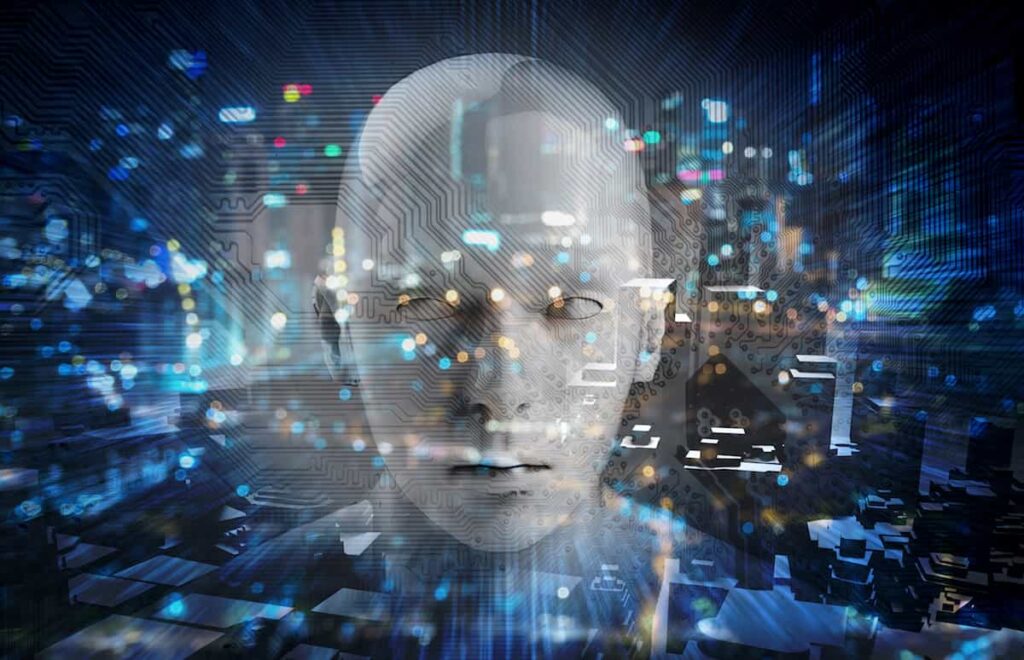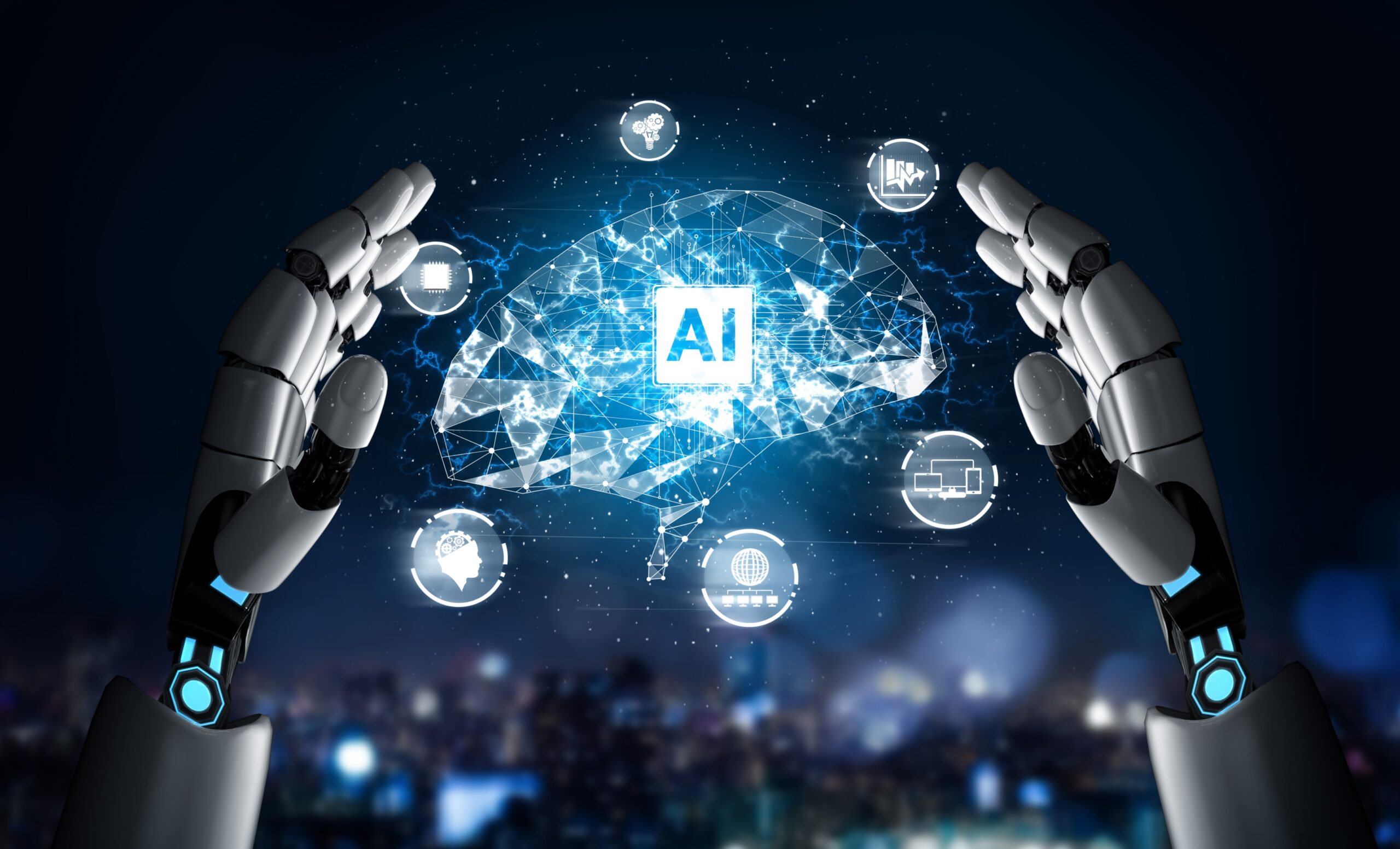AI is the Future: A Quick look at the Ground Breaking AI Driven Tech and it’s Cybersecurity Implications.
Artificial Intelligence (AI) is rapidly evolving, introducing new technologies that have the potential to revolutionize various sectors. However, these advancements also bring about new challenges, particularly in the realm of cybersecurity. Here, we delve into some of the most promising upcoming AI technologies, their benefits, and the potential cybersecurity implications they present.

1. SORA AI (The most impactful)
SORA AI, developed by OpenAI, is a tool that can generate convincingly realistic videos from a simple text prompt. This technology has the potential to revolutionize content creation, offering limitless creative possibilities.
Pros
- Unprecedented Creative Freedom: SORA AI’s ability to generate high-quality videos from text prompts can foster creativity and productivity.
- Filmmaking for All: The instant video creation capabilities could democratize content creation, placing indie artists and major studios on equal footing.
Cons
- Cybersecurity Risks: The misuse of SORA AI by cybercriminals could lead to threats that can disrupt systems and inflict significant damage.
- Privacy Concerns: As more users grow comfortable sharing sensitive information with AI, there are growing privacy concerns.
2. Metaverse
The Metaverse refers to a virtual environment that incorporates different internet functions and services, such as socializing, gaming, and business opportunities, all within an immersive virtual reality universe.
Pros
- Connecting the World: The Metaverse makes geographic barriers irrelevant, providing a neutral space where everyone can meet.
- Immersive Experience: The Metaverse offers a more immersive way of experiencing the different aspects of the internet.
Cons
- Cybercrime: The Metaverse could be exploited by cybercriminals for activities like spear-phishing and data falsification.
- Privacy and Security Issues: The Metaverse raises concerns about user privacy and data security.
3. Apple Vision
Apple Vision is a product that delivers a futuristic eye- and hand-tracking interface along with breathtaking 3D video and impressive AR apps.
Pros
- High-Res Displays: Apple Vision offers the best and most high-res displays seen in a headset.
- Interactive Digital Experiences: The eye- and hand-tracking controls offer a unique and interactive digital experience.
Cons
- Exploitable Vulnerabilities: The Apple Vision Pro has already been hacked, with a vulnerability found in the device’s Safari web browser engine, WebKit. This vulnerability could have allowed threat actors to execute malicious code.
- Potential for Unauthorized Access: The device uses Optic ID for authorizing purchases and unlocking passwords. While Apple claims the data will be encrypted and will never leave the user’s device, any potential vulnerabilities in this system could lead to unauthorized access.
4. Computer Vision (e.g., Google Photos, Tesla Autopilot)
Computer Vision is a field of AI that trains computers to interpret and understand the visual world.
Pros
- Image Recognition: Computer vision can be used to identify objects, people, and even actions in images and videos.
- Automation: Computer vision can automate tasks that require visual perception.
Cons
- Adversarial Attacks: Computer vision systems can be tricked by adversarial attacks, leading to misclassifications or incorrect behavior.
- Data Privacy: As computer vision systems often require access to sensitive visual data, there can be significant privacy concerns.
5. Generative AI (e.g., Gemini, Copilot, GPT)
“Generative AI, like Google’s DeepMind’s Gemini, OpenAI’s GPT-4, and Microsoft’s Copilot, can process not only text but images and even videos. While Gemini and GPT-4 can generate text, images, and videos, Copilot specializes in generating text-based responses, including creating responses in a conversation, writing essays, and generating code.”
Pros
- Content Creation: Generative AI can be used to create a wide range of content, from articles to artwork.
- Automation: They can automate tasks that would otherwise require human intelligence.
Cons
- Misinformation: Generative AI can be used to create deepfakes or spread misinformation.
- Data Privacy: They require large amounts of data for training, which can raise privacy concerns.
As AI technologies advance, they bring about new opportunities as well as challenges. It’s crucial for organizations to understand these implications and take appropriate measures to safeguard their systems and data.
You think you have a story worth everyone’s time? SUBMIT A STORY and we will publish it.
Share this content:




Post Comment